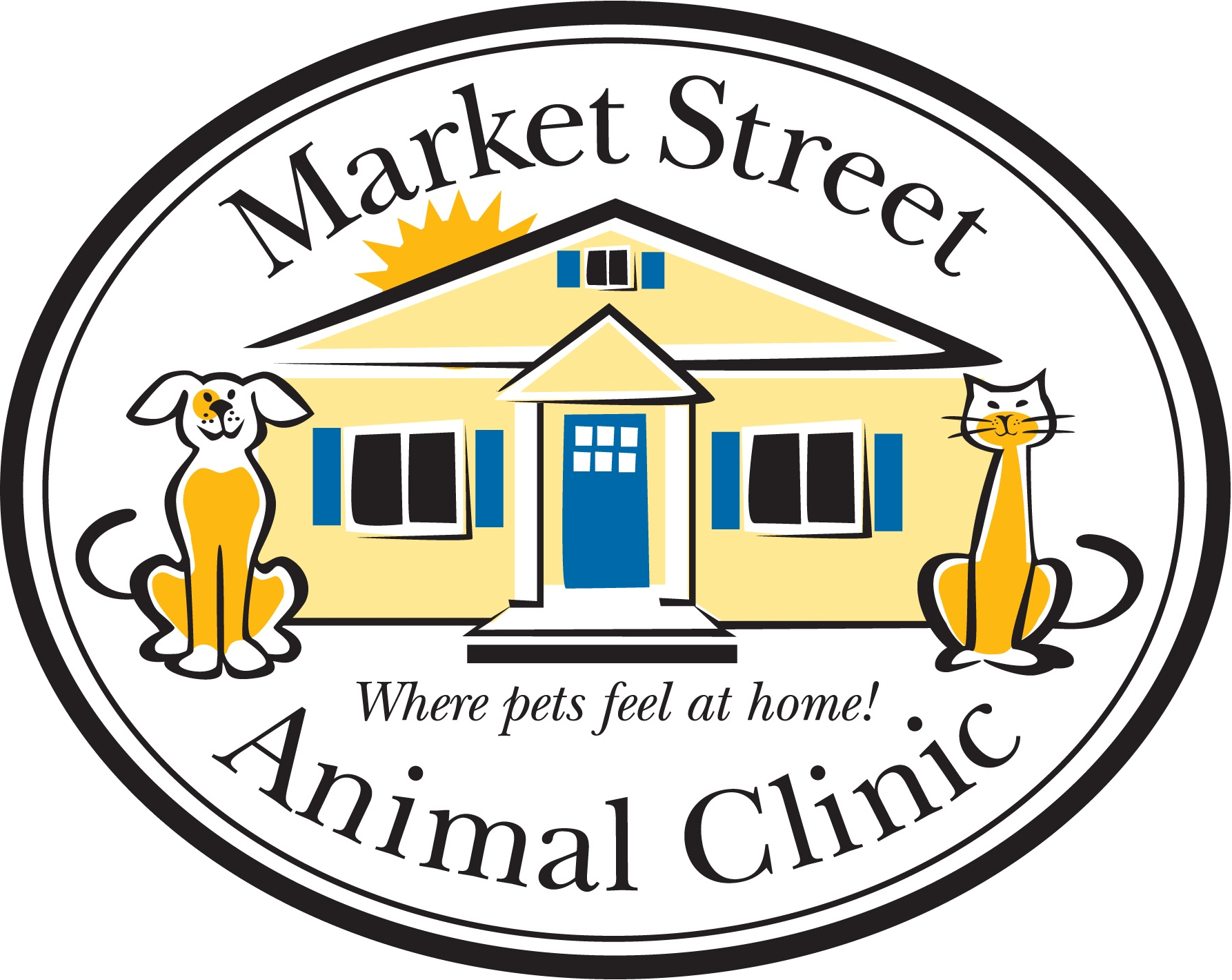Educational Articles
-
Miconazole otic is an antifungal used in the treatment of external ear infections (otitis externa) caused by fungal organisms in cats, dogs, and other animals. It may be specially compounded and/or combined into a formulation with other medications. Miconazole otic comes in ointment or liquid drop suspension forms that may be specially compounded.
-
Miconazole topical is an antifungal used in the treatment of skin infections caused by yeast in cats and dogs. It may be used “off-label” or “extra label” for other conditions and in other animals. It may be specially compounded and/or combined into a formulation with other medications. Miconazole topical comes in a variety of forms.
-
If microalbuminuria is detected, your veterinarian will likely recommend further testing to look for hidden disease. The choice of tests may vary but could include routine blood tests and urinalysis (see handouts “Complete Blood Count”, “Serum Biochemistry”, and “Urinalysis” for more information). If there is no evidence of underlying illness, then regular check-ups every 3-6 months, including microalbuminuria testing, may be recommended to monitor your dog’s health status and to watch for any changes.
-
Microchips contain a unique identification number, and they are inserted with a needle under the skin between a pet's shoulder blades. The number is registered to your name, so if your dog gets lost, the number connects your dog to you. Microchips provide reliable, permanent identification for your pet.
-
Midazolam is a benzodiazepine used for its sedative, anti-anxiety, and muscle relaxant properties. It is primarily used as a sedative before surgery and to stop seizures. It is used “off label” or “extra label” in animals. This medication is a controlled substance primarily given via injection by your veterinary team, though it may be prescribed to your pet for intranasal or intrarectal administration at home.
-
Milbemycin oxime is a heartworm disease preventive and treats internal parasites in dogs and cats (e.g., hookworms and roundworms). It is also used off label to treat infestations in dogs. Milbemycin is given by mouth with a flavored oral tablet.
-
Milbemycin oxime + lufenuron is a heartworm disease preventive that also treats internal parasites (e.g., whipworms, hookworms, and roundworms) and controls flea populations in dogs. Milbemycin oxime + lufenuron is given by mouth as a flavored chew tablet. At prescribed doses, this medication is well-tolerated; when used off-label at higher doses for treating mites, side effects have been observed. Your veterinarian will advise you on the safety of milbemycin oxime + lufenuron use in your dog. If you suspect an overdose or an adverse reaction to the medication, call your veterinary office immediately.
-
Milbemycin oxime + lufenuron + praziquantel is a heartworm disease preventive that also treats certain internal parasites and controls fleas in dogs. This combination medication is given by mouth as a flavored chew tablet. At prescribed doses, this medication is well-tolerated. Certain dog breeds are more sensitive to milbemycin than others; your veterinarian will advise you on the safety of milbemycin use in your dog. If you suspect an overdose or an adverse reaction to the medication, call your veterinary office immediately.
-
Milbemycin oxime + praziquantel is a heartworm disease preventive that also controls tapeworms, hookworms, roundworms, and whipworms in dogs. It is given by mouth as a flavored chew tablet and must be given with a meal to ensure adequate absorption. At prescribed doses, this medication is well-tolerated. Your veterinarian will advise you on the safety of this combination product’s use in your dog. If you suspect an overdose or an adverse reaction to the medication, call your veterinary office immediately.
-
Milbemycin oxime + spinosad is a heartworm disease preventive that also controls hookworms, roundworms, whipworms, and fleas in dogs. Milbemycin oxime + spinosad is given by mouth as a flavored chew tablet. At prescribed doses, this medication is well-tolerated. Your veterinarian will advise you on the safety of this product’s use in your dog. If you suspect an overdose or an adverse reaction to the medication, call your veterinary office immediately.

